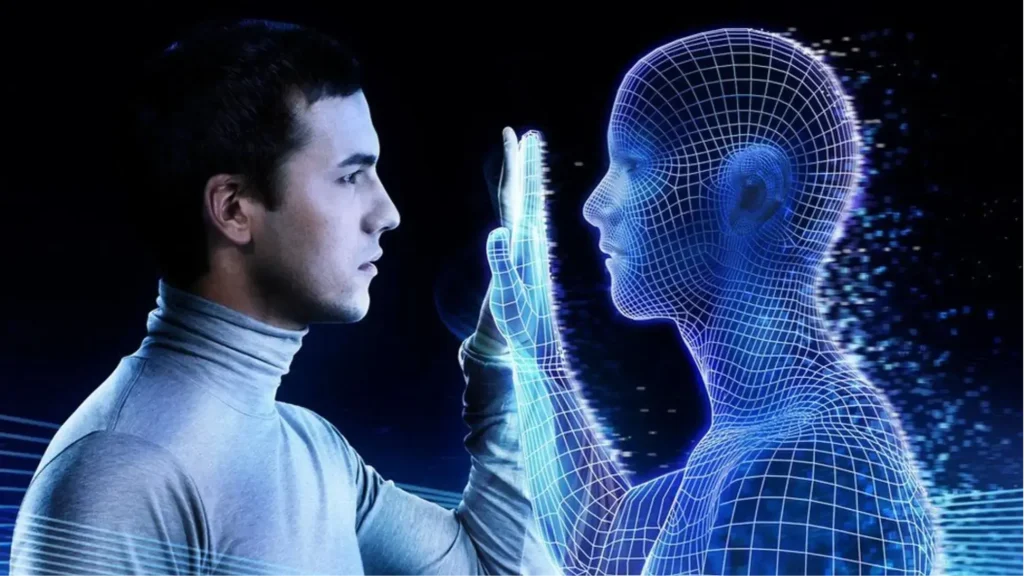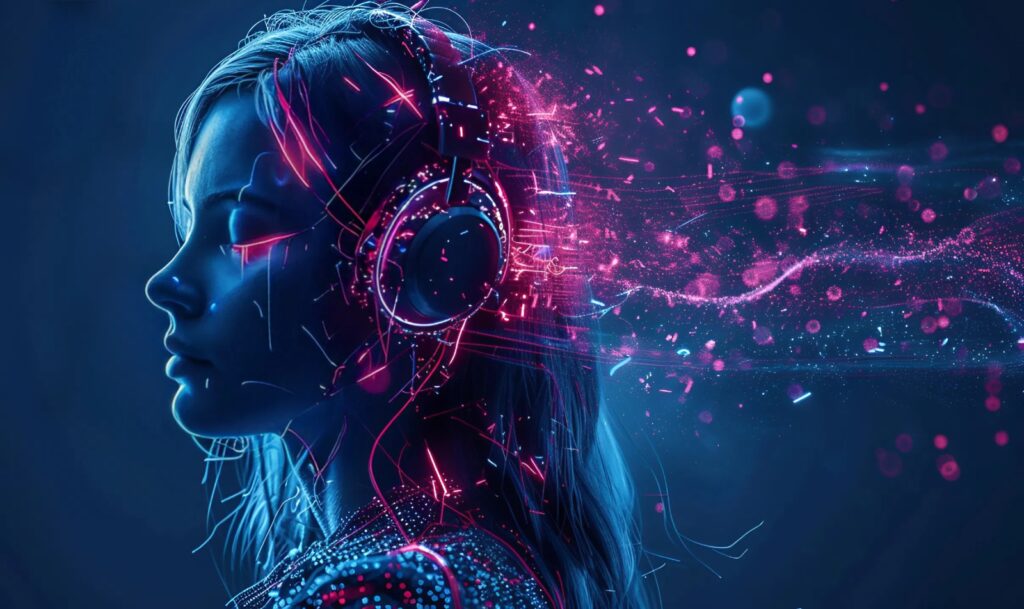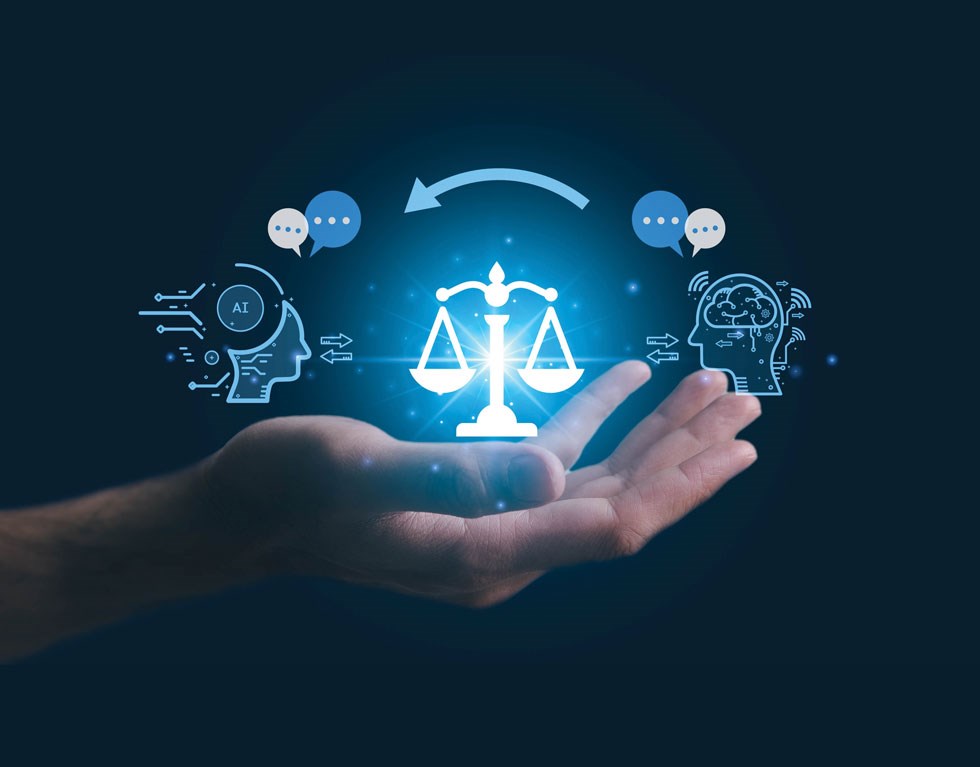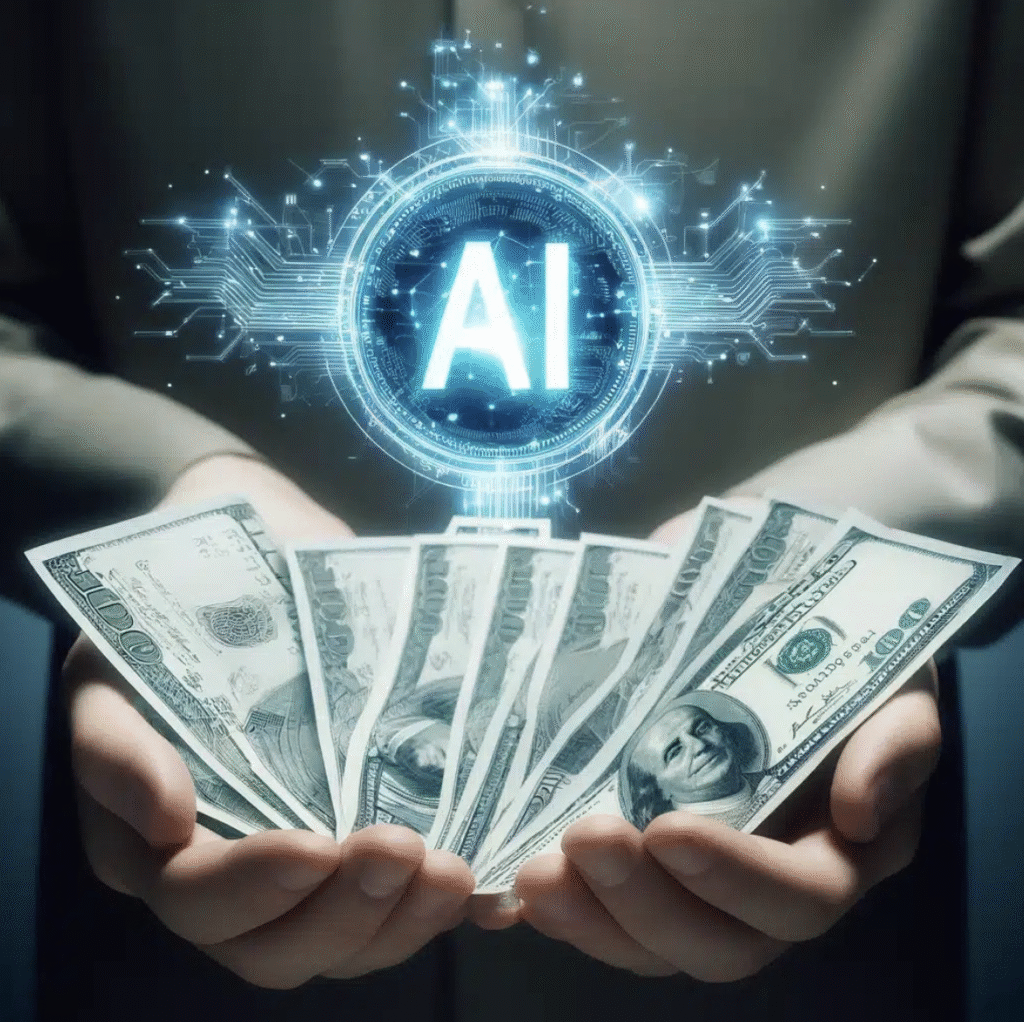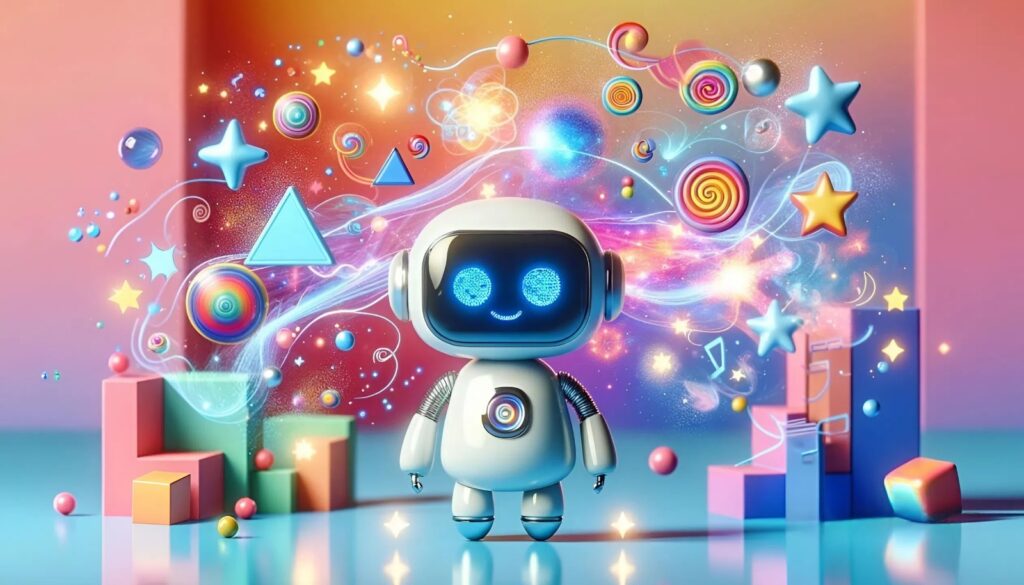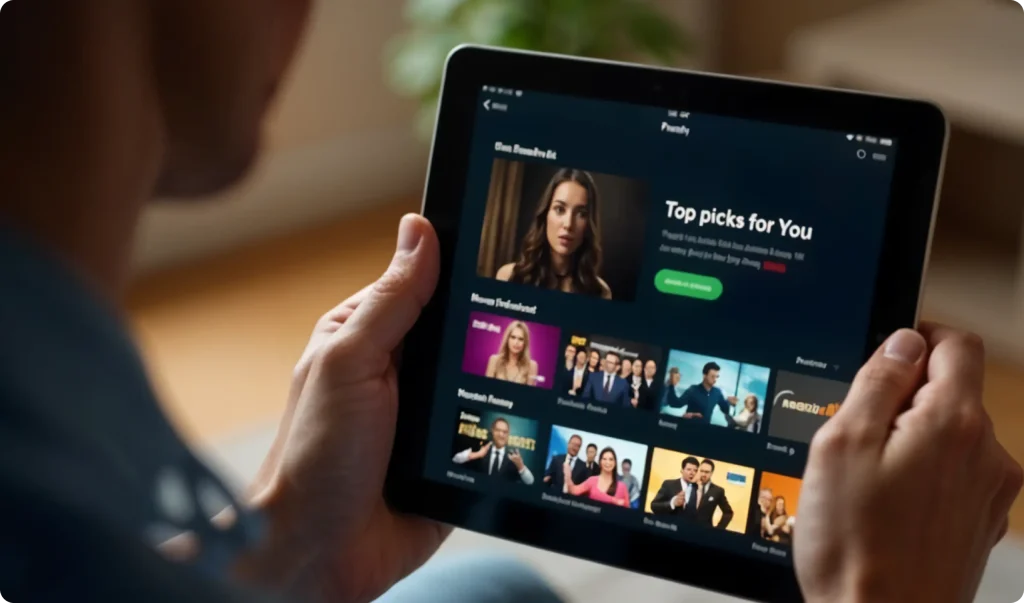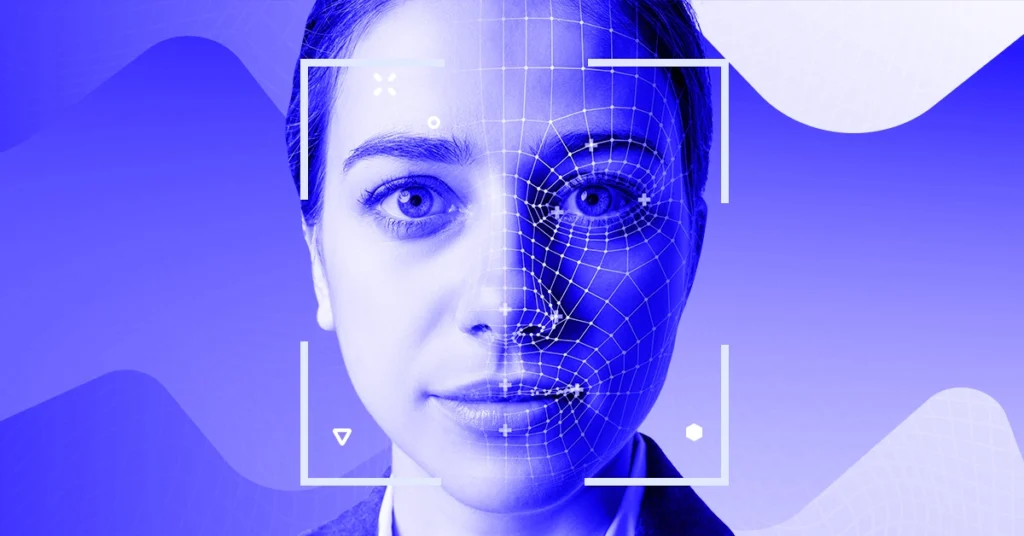The AI Doppelgänger Effect: When Digital Clones Influence Real-Life Decisions
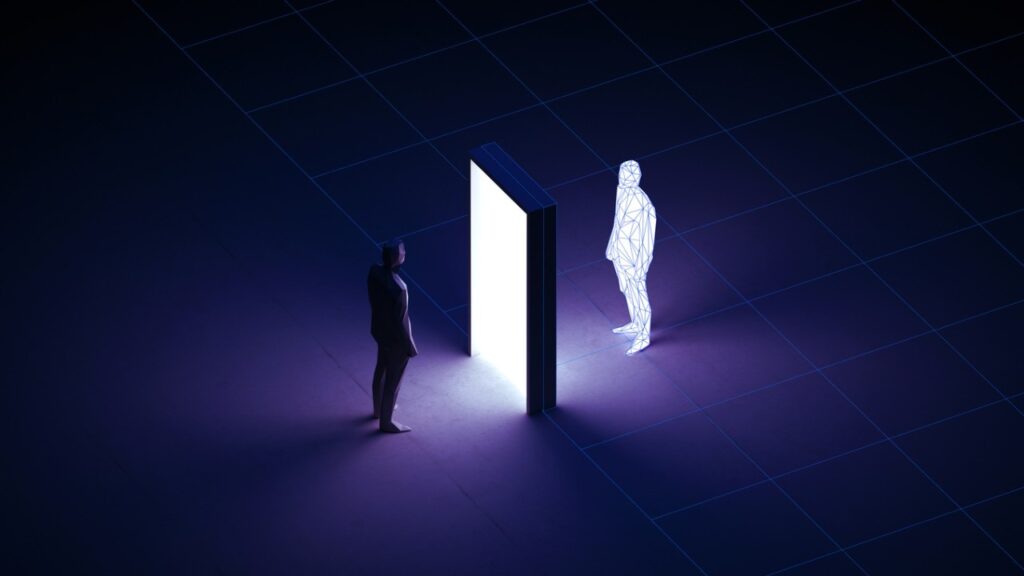

In the ever-expanding realm of artificial intelligence, a particularly intriguing concept is emerging that has significant implications for the digital lifestyle: the AI doppelgänger effect. This term refers to the phenomenon where advanced AI systems create digital replicas, or clones, of real-life individuals. These digital clones are not merely avatars but are instead intricate models capable of mimicking human behaviors and decision-making patterns to an astounding degree. As these AI doppelgängers gain traction, they hold the potential to influence our choices in various facets of life, raising questions about their benefits, ethics, and future trajectory.
—
Understanding AI Doppelgängers
AI doppelgängers are essentially sophisticated AI models that are designed to learn and replicate behaviors, opinions, and even emotions of individuals. Using vast amounts of data such as social media activity, online interactions, and personal preferences, these digital clones can simulate their human counterparts in virtual environments. Imagine an AI that can predict your reaction to a new product, forecast how you might respond to an advertisement, or even make decisions on your behalf in certain contexts.
These doppelgängers serve as digital mirrors, reflecting our habits and tendencies in a way that is eerily accurate. They are a product of deep learning and machine learning technologies which allow them to continuously update their models with new data, ensuring that their predictions remain relevant and accurate.
—
Examples of AI Doppelgänger Applications
One of the most visible arenas where AI doppelgängers are gaining attention is in the world of retail and marketing. Brands are increasingly using digital clones to personalize customer experiences. For instance, consider a fashion retailer that uses AI doppelgängers to create a virtual shopping assistant that knows a customer’s style preferences, sizes, and even financial constraints. This assistant could provide recommendations that align closely with the shopper’s tastes, enhancing overall satisfaction and potentially increasing sales.
In the realm of entertainment, AI doppelgängers are also being utilized to predict audience reactions to movie scripts or game developments. Analyzing data from previous engagements, these digital doubles can provide filmmakers and game developers with insights into whether their content will resonate with their target audience, thereby allowing for more data-driven creative decisions.
The healthcare sector is another area benefiting from AI doppelgängers. By analyzing patient data and creating a digital twin, healthcare providers can predict how patients might respond to certain treatments or medications. This can lead to more personalized and effective healthcare solutions, paving the way for improved patient outcomes.
—
Ethical Considerations
As with any technological advancement, AI doppelgängers raise a host of ethical questions and concerns. One of the most significant is the issue of privacy. Creating a digital clone requires access to enormous amounts of personal data, sparking concerns about how this data is collected, stored, and used. There are pressing questions about consent – do individuals have the right to opt-out of becoming an AI doppelgänger? And how transparent are companies about the algorithms and datasets that drive these technologies?
Furthermore, the implications of AI doppelgängers on personal agency must be considered. When algorithms start making decisions that individuals would typically make themselves, it creates a new dynamic of power and control. Will reliance on these digital clones lead to a degradation of individual decision-making skills?
Lastly, ethical concerns around bias and fairness are paramount. If AI doppelgängers are built on biased data, they may reinforce or exacerbate existing prejudices in various societal domains.
—
The Future of AI Doppelgängers
The potential of AI doppelgängers is vast and varied, and as the technology evolves, its integration into our daily lives seems inevitable. To ensure their beneficial impact, it is crucial that developers, policymakers, and users approach this technology with caution and awareness.
Innovative sectors such as the Internet of Things (IoT) and smart homes could integrate AI doppelgängers to create more user-responsive environments. Imagine a smart home that autonomously adjusts settings not just based on static preferences, but on dynamic understanding of the individual’s changing needs and moods, courtesy of their AI twin.
Education is another area poised for a doppelgänger revolution, where digital clones could help create more personalized learning paths tailored to the pace and style of individual learners. This would make educational experiences not only more engaging but also more effective.
—
Conclusion
AI doppelgängers stand at the intersection of cutting-edge technology and human experience, offering promising possibilities and challenging dilemmas. As digital clones become more prevalent, they will undoubtedly leave a significant imprint on how we interact with technology and make decisions. While they hold the potential to enhance personalization and efficiency across various spheres, the ethical considerations surrounding privacy, consent, and bias necessitate rigorous discourse and regulation.
Ultimately, the onus is on society to balance innovation with responsibility, ensuring that AI doppelgängers enhance rather than detract from our quality of life. With careful steering, these digital reflections of ourselves could transform our digital lifestyle in ways we have only begun to imagine. As we navigate this brave new world, it is crucial to remain vigilant, thoughtful, and, above all, human in our approach to AI and its capabilities.


